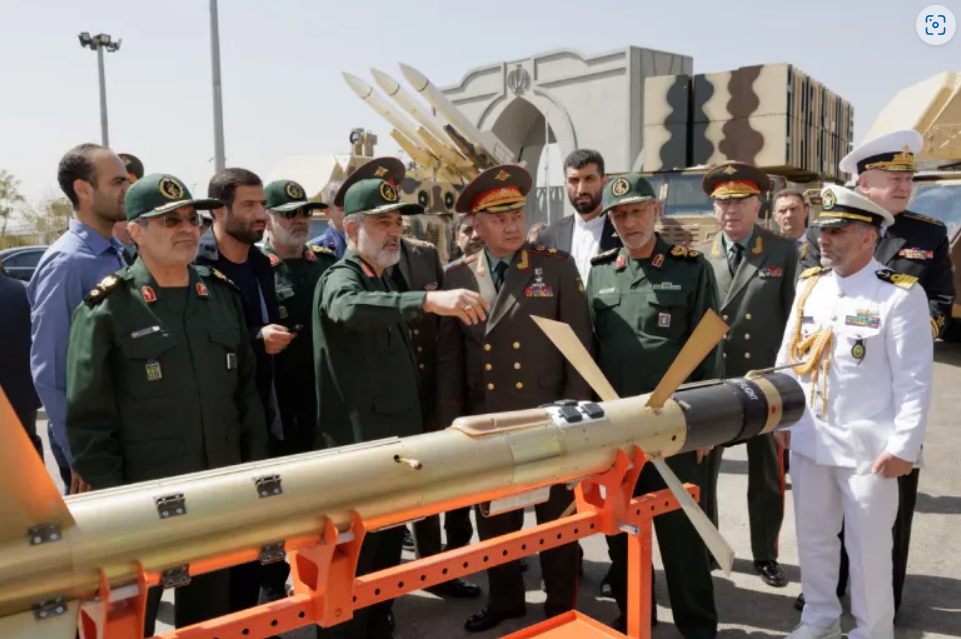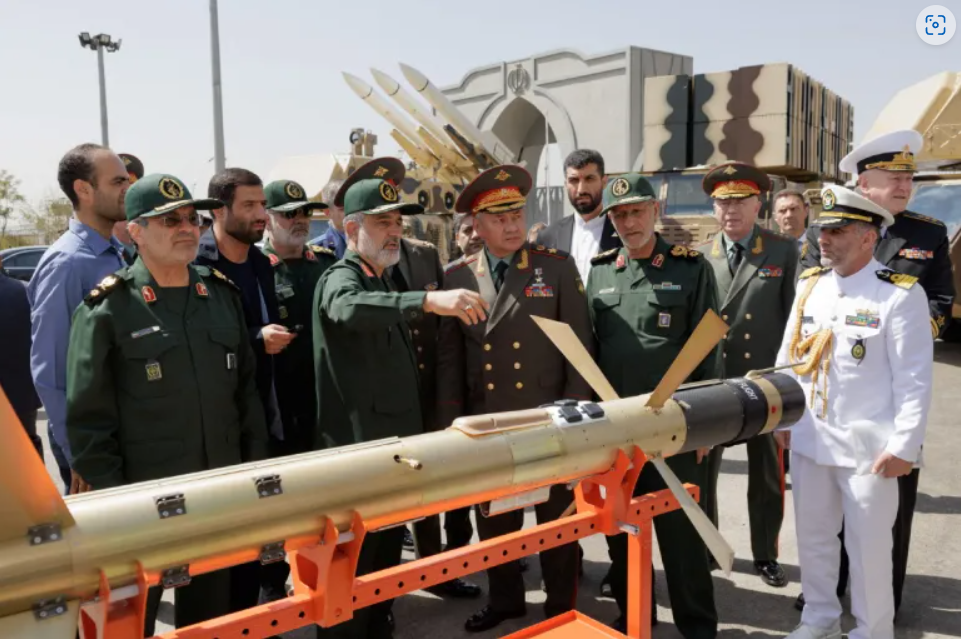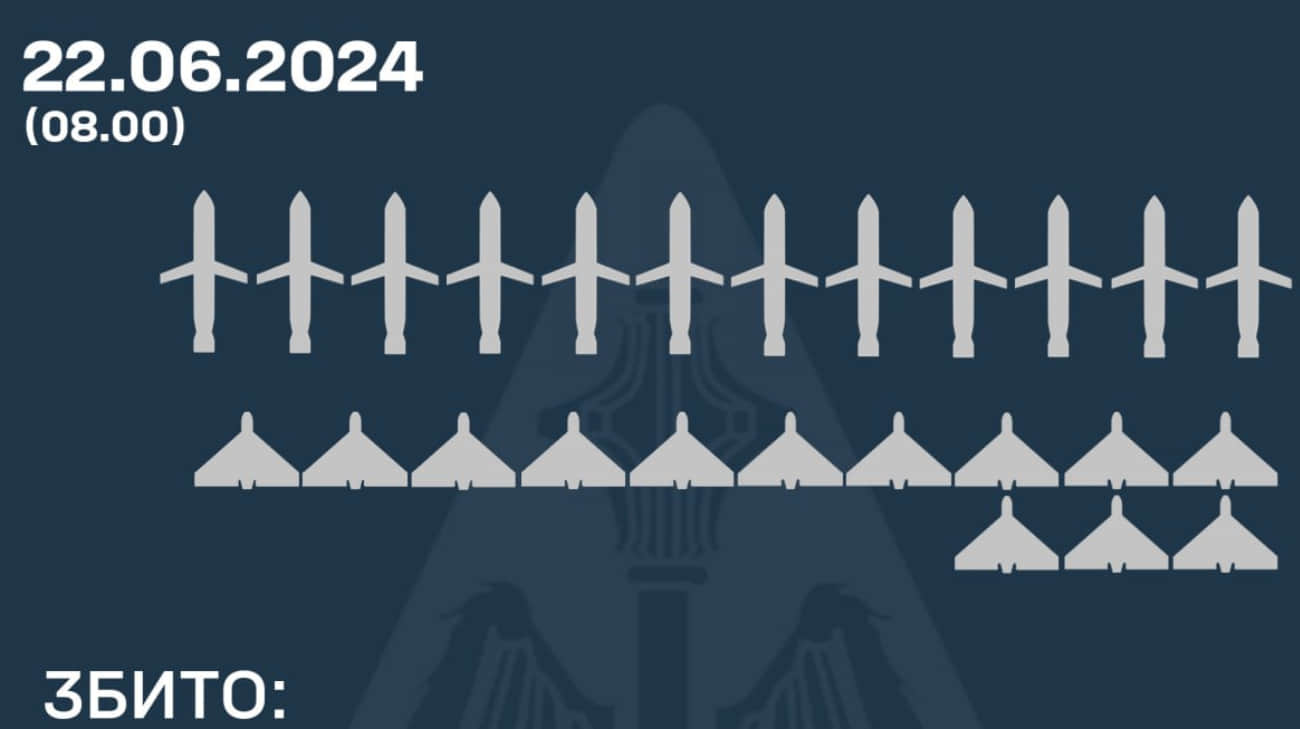Iran’s missile transfer to Russia deepen strategic ties amid US sanctions, expert says
Iran has delivered close-range ballistic missiles (CRBMs) to Russia, fueling the war in Ukraine. In response, the U.S. has imposed additional sanctions. Tehran seeks fighter jets and air defense systems from Moscow, aiming to bolster its global influence while staying clear of direct conflict with the West.


US Secretary of State Antony Blinken has revealed that Iran delivered close-range ballistic missiles (CRBMs) to Russia for its war against Ukraine. According to the Atlantic Council, the missile deal could be part of a broader Iranian strategy to strengthen its influence globally.
In return for such actions, the US Department of the Treasury has announced additional sanctions on Iranian and Russian entities. However, Moscow and Tehran are likely to keep their course in establishing closer ties, writes Mark N. Katz, a senior fellow with the Atlantic Council’s Middle East Programs.
The expert says that Iran seeks to receive Russia’s Su-35 fighter aircraft and S-400 air defense missile systems in exchange for the missiles. Still, Moscow has not yet delivered them. Whether Russia sends the weapons or not, Tehran might consider Moscow a tool for maintaining stability in the economy targeted by Western sanctions, especially by influencing partners and rivals of the country in the energy sector on which they both depend.
Moreover, Iran reportedly might worry that if Russia loses the war with Ukraine, it will allow the US and its Western allies to concentrate on Iran.
“Tehran, then, may see Russia not so much as a great power but as another proxy, whose willingness to fight against a common enemy benefits Iran but allows it to avoid the costs of fighting that common enemy itself.
Ukraine, of course, does not pose a threat to Iran. But to the extent that the United States and other Western countries devote attention and resources to supporting Ukraine, then they have less of these available for dealing with Iran,” Katz writes.
Tehran might believe that transferring drones and CRBMs to Russia is a good investment as it prefers to support proxies that are fighting a common adversary rather than take on the fight itself.
Related:
- Biden to discuss with UK Prime Minister allowing Ukraine to strike deep into Russia
- Ukraine rejects extension of Russian gas transit after 2024
- Ukrainian Canadian Congress calls for investigation into budget funding of “Russians at War” film
- The dark truth behind NATO’s “fear of Russian escalation”
- Ukraine doubles weapons production in 2024, focuses on drones and shells, PM says
You could close this page. Or you could join our community and help us produce more materials like this.
We keep our reporting open and accessible to everyone because we believe in the power of free information. This is why our small, cost-effective team depends on the support of readers like you to bring deliver timely news, quality analysis, and on-the-ground reports about Russia's war against Ukraine and Ukraine's struggle to build a democratic society.
A little bit goes a long way: for as little as the cost of one cup of coffee a month, you can help build bridges between Ukraine and the rest of the world, plus become a co-creator and vote for topics we should cover next. Become a patron or see other ways to support.



